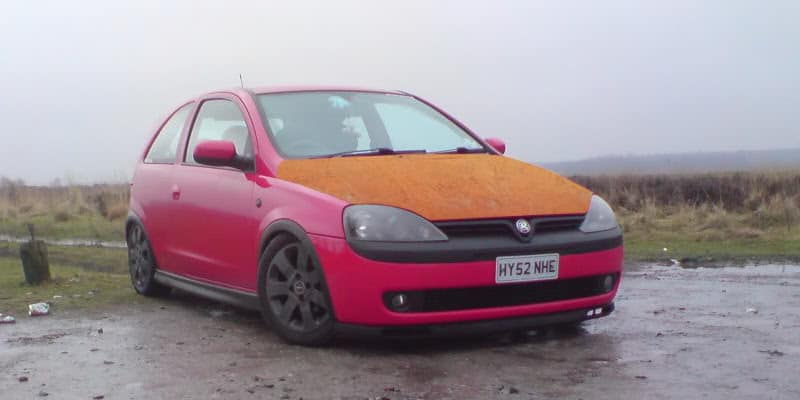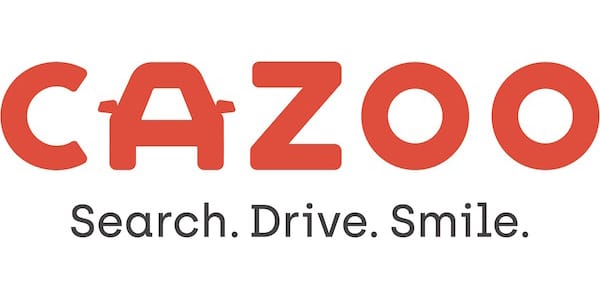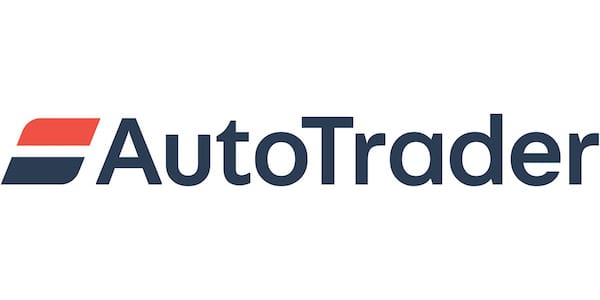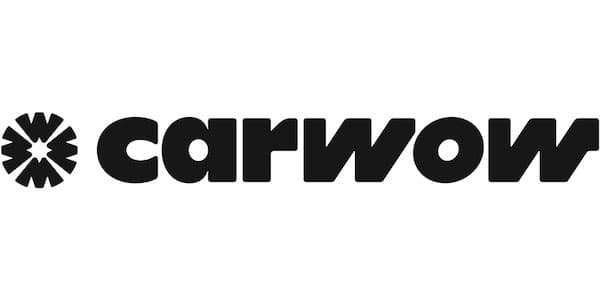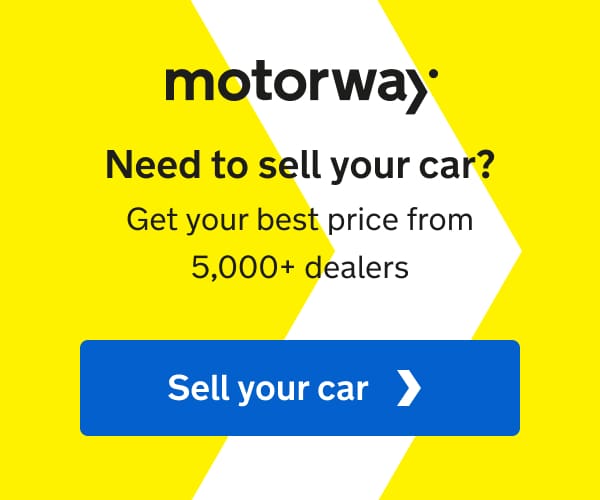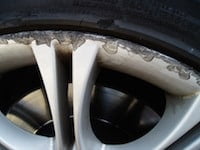One of the biggest complaints from car buyers is that when they want to part-exchange (trade-in) their current car, the dealer offers them a pathetic amount of money. But is this reality or perception?
Many of the issues about a car’s part-exchange valuation come from a misunderstanding of how a dealer arrives at the number that they are offering you for your car. Read on to learn more, as well as some tips for understanding what your car is really worth before you set foot in a dealership.
The dealer is scamming me!
It’s a familiar story. You bought a shiny new car three years ago, have looked after it lovingly and spent a fortune on servicing and running costs, and now the sleazy car salesman across the desk is telling you it’s worth less than half what you paid for it not that long ago. Surely the dealer is scamming you for thousands of pounds on the part-exchange value?
Well to start with, it’s almost certain that the dealer really is offering you less than your car is worth. This is called lowballing, and dealers do it most of the time. And why not?
There’s no law which says they have to offer you a great price for your part-exchange. If you accept their offer, they’ve bought a car cheaply. If you say no, they can gradually negotiate back to what the car is really worth if they need to. So never accept a dealer’s first offer, regardless of whether you’re buying a Peugeot or a Porsche.
But let’s take it back a few steps, before you even set foot in that car showroom. There are a couple of good reasons you’re horrified by that part-exchange offer, and they’re both your own fault.
Firstly, you’re probably overestimating your car’s worth; and secondly, there’s probably a few things you can do (or should have been doing) to protect its value better.
Today we’re going to help you understand why your car’s part-exchange value is lower than you think, and next time we will give you some advice on how to get more money for your car at part-exchange time.
What is my part-exchange really worth?
If you simply guess at your car’s current value, you will almost certainly overestimate it. Probably by quite a lot. If you have a cursory look at car ads to see what cars like yours are selling for, you’re still probably overestimating it.
If you look at your car with any kind of emotional attachment, especially if you have named it or have photos of it on your Facebook profile, you are definitely overestimating it.

To really know your car’s value accurately, you need to do a bit of homework. It’s not difficult, but it could be worth hundreds or even thousands of pounds in your negotiations.
The car dealer will assume you don’t really know your car’s value, while they have the advantage of plenty of industry data to know exactly how much to pay for it. You won’t fool them into paying too much for your car, but you can make sure they pay you a fair price.
Firstly, you must look at your car with complete emotional detachment. To you, it may have been a magnificent chariot that has ferried you comfortably around the countryside on your many adventures. But to a car dealer it’s simply another Ford Fiesta, which is probably slightly better or slightly worse than the last ten Ford Fiestas they looked at. Which were all in the last week. And most of their owners loved them dearly as well. So it’s not “Ferdie the Fiesta”, it’s a 59-plate Ford Fiesta LXi 5-door petrol manual in blue with black cloth.
Secondly, now that you’ve taken off your rose-tinted glasses, have a really good look at your car. Those little scratches that you never really noticed or had forgotten about? There’s quite possibly a few hundred pounds (or maybe a lot more) of paintwork needed before a car dealer can sell that car now.
Same goes for your wheels. Crunched them against a kerb? That’ll be £50-£100 per wheel to fix, and it may also need replacement tyres if you’ve damaged the sidewalls.
Have you had the car serviced by an official dealership, on time and every time? If not, the part-exchange valuation will be marked down heavily.
Did you pay a lot of money for expensive optional extras? They’re probably worth absolutely nothing by now. Sorry to be the bearer of bad news, but most optional extras add virtually nothing to your part-exchange value.
Now that you’ve been a bit more objective about you car’s condition, have a look at some of the tools online that will help you estimate your car’s true value. A good place to start is an online buying service like our partner Motorway, or others. There’s plenty of them to choose from, and it will give you a reasonable starting point.
Industry data from CAP and/or Glass’s is also useful, but bear in mind that these companies don’t actually buy your car, so just because they say it should be worth a lot of money doesn’t mean that anyone will actually pay that much.
A dealer or online car buying service is actually making you an offer to buy your car, so their prices are genuine rather than theoretical. Looking at classified ads on Auto Trader or other sites can be misleading, as it tells you what price a seller is asking for, but it doesn’t tell you what the car ends up selling for or how long the seller has been trying to shift the car.
If you’re looking at dealer ads, you need to factor in a dealer’s profit margin and cost of business, which can be a few thousand pounds. As an indication, the dealership I last worked at had a rough difference of £3,000 between the price we would buy an absolutely immaculate car for and the price we would sell it for. That worked out at about £1,000 of profit and £2,000 of business costs. This was a prestige main dealership, so the costs were relatively high, but we weren’t trying to make a massive profit margin on the vehicles.
Next page: How does a dealer value my car?

